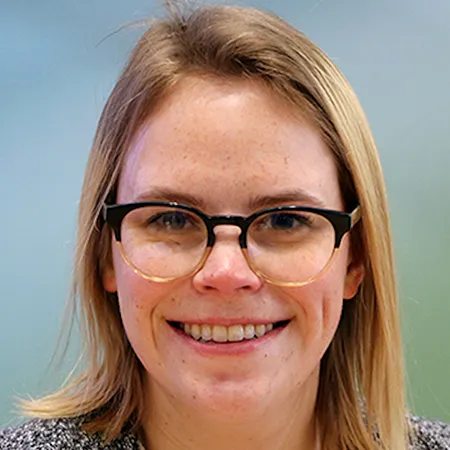Providing adequate water supply to the growing number of urban residents will be a challenge faced by many utility managers throughout the remainder of this century. This challenge will be exacerbated by intensifying climate change that is likely to bring more frequent and intense droughts to some regions in the United States, including the Southwest. Understanding the impacts of these droughts on urban areas and the role that people play in either mitigating or intensifying them is crucial if society is to maintain its current trajectory towards sustainable urban development. Focusing on the role of people, this talk will discuss the characterization of residents’ attitudes and values surrounding water conservation and climate change within three major southwestern cities—Denver (CO), Las Vegas (NV), and Phoenix (AZ). In particular, the modeling framework leverages a state-of-the-art statistical machine learning algorithm to cluster survey respondents into seven categories, or archetypes. These archetypes can be used by water managers that are interested in developing community-specific intervention plans for water conservation, as well as by researchers interested in modeling the impacts of attitudes and beliefs on actual water consumption. In the face of rapid urbanization and climate change, it will become increasingly important to understand the relationship between climate change and urban systems, as well as the impact that people can have on these systems.
Presenters
Renee Obringer
Dr. Renee Obringer is an assistant professor in the Department of Energy and Mineral Engineering at Penn State, as well as a faculty associate in the Earth and Environmental Systems Institute. Her research interests focus on understanding and evaluating the impact of climate change on urban systems, with an emphasis on water and electricity. More broadly, Renee harnesses methods from data science, climatology, and civil engineering to study the nexus between climate change, people, and urban systems. Prior to starting her role at Penn State, Renee worked as a postdoctoral research fellow at...
Renee Obringer
Dr. Renee Obringer is an assistant professor in the Department of Energy and Mineral Engineering at Penn State, as well as a faculty associate in the Earth and Environmental Systems Institute. Her research interests focus on understanding and evaluating the impact of climate change on urban systems, with an emphasis on water and electricity. More broadly, Renee harnesses methods from data science, climatology, and civil engineering to study the nexus between climate change, people, and urban systems. Prior to starting her role at Penn State, Renee worked as a postdoctoral research fellow at the National Socio-Environmental Synthesis Center at the University of Maryland. She earned her PhD in environmental and ecological engineering from Purdue University.
External Links:
https://www.reneeobringer.com
